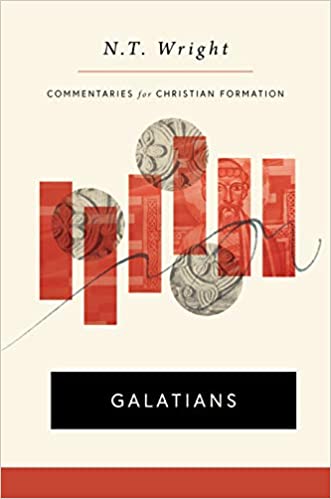Q. I think you are exactly right that Paul is saying in Gal. 3.1ff. that the Spirit is involved in the believer’s life from the outset. It is not somehow received as a ‘2nd blessing’ or some kind of baptism of the Spirit that comes subsequent to conversion. At least in some Protestant contexts somehow the Spirit has been turned into an it or a force (may the force be with you) rather than a person, and this in... Read more









